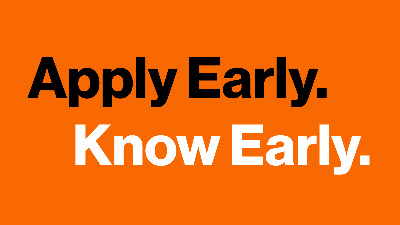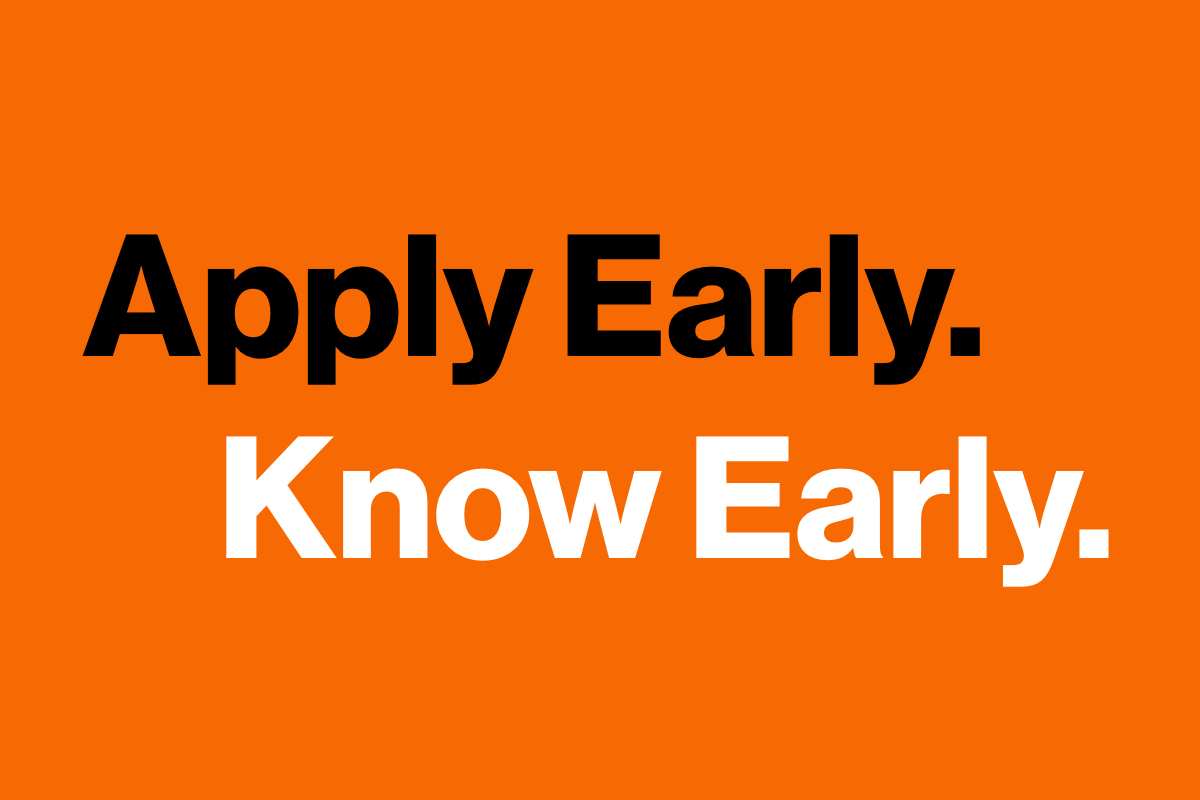Accounting Technology Associate in Applied Science Degree

Accounting Technology
Associate in Applied Science Degree
- RIT /
- Rochester Institute of Technology /
- Academics /
- Accounting Technology AAS
Gain the preparation you need for an exciting career in accounting-related occupations.
Overview for Accounting Technology AAS
The accounting technology program prepares you for a career in accounting-related occupations. You’ll learn the functions of the complete accounting cycle for service, merchandising, and manufacturing businesses. As a graduate of the program, you’ll use computers to maintain and reconcile various financial records, verify business records, and perform other clerical and administrative duties. This program is available for qualified deaf and hard of hearing students.
Accounting technology, offered by RIT's National Technical Institute for the Deaf, is available as an associate in applied science (AAS) degree or as an Associate+Bachelor’s Degree Program.
The AAS degree in accounting technology is a career-focused degree program that leads to immediate entry into well-paying careers at the paraprofessional or technician level.
The Associate+Bachelor’s Degree Program in accounting technology prepares you to complete an RIT bachelor’s degree. In this option, upon successful completion of the AAS degree in accounting technology, provided you maintain a 2.5 or higher grade point average in the program, you will enroll into RIT’s School of Individualized Study where you can pursue an individualized program bachelor’s degree.
Learn more about the benefits of pursuing an Associate+Bachelor’s Degree Program.
Microsoft Certification
NTID's business studies department operates an authorized testing center for Microsoft Office Specialist. Preparatory courses are offered for several exams each semester.
-
Apply for Fall 2026
First-year students can apply for Early Decision II by Jan. 1 to get an admissions and financial aid assessment by mid-January.
Careers and Cooperative Education
Typical Job Titles
| Junior Accounting Technician | Cost Accounting Clerk | Accounts Receivable/Payable Clerk |
| Payroll Clerk | General Accounting Clerk | Microcomputer Accounting Clerk |
Industries
-
Accounting
-
Consumer Packaged Goods
-
Insurance
-
Higher Education
-
Government (Local, State, Federal)
-
Non-Profit
Cooperative Education
Cooperative education, or co-op for short, is full-time, paid work experience in your field of study. And it sets RIT graduates apart from their competitors. It’s exposure–early and often–to a variety of professional work environments, career paths, and industries. RIT co-op is designed for your success.
Students in the accounting technology program are required to complete a cooperative education experience prior to graduation. You may schedule your co-op after completing your second-year academic requirements.
Curriculum for 2025-2026 for Accounting Technology AAS
Current Students: See Curriculum Requirements
Admissions and Financial Aid
For the career-focused AAS degree
- 2 years of math required
- 1 year of science required
- English language skills as evidenced by application materials determine associate degree options.
For the AAS degree leading to bachelor’s degree (Associate+Bachelor’s program)
- 2 years of math required; students interested in engineering, math and science transfer programs should have three or more years of math.
- 1 year of science required; students interested in engineering, math and science transfer programs should have two or more years of science.
- Physics is recommended for students interested in engineering.
- English language skills as evidenced by application materials determine associate degree options.
Specific English, mathematics, and science requirements and other recommendations
- English: Placement into NENG-121 Bridge to Academic Literacies or above, including into a University Writing (UWRT) course. To earn the AAS degree, students must complete all necessary English coursework through UWRT-150 FYW: Writing Seminar.
- Mathematics: Any math course numbered NMTH-140 or higher is required. Typically, students entering this program will have completed at least two years of high school mathematics.
- Science: Typically, students entering this major will have completed at least two years of high school science.
- ACT: For the Career-Focused AAS degree, the ACT middle 50% composite score is 14-17. For the Associate+Bachelor AAS degree, the ACT middle 50% composite score is 18-21 (optional).
Financial Aid and Scholarships
100% of all incoming first-year and transfer students receive aid.
RIT’s personalized and comprehensive financial aid program includes scholarships, grants, loans, and campus employment programs. When all these are put to work, your actual cost may be much lower than the published estimated cost of attendance.
Learn more about financial aid and scholarships
Accreditation
Contact
- Mark Pfuntner
- Department Chair
- National Technical Institute for the Deaf
- 585‑286‑4640
- mjpnvd@ntid.rit.edu
Department of Business Studies














